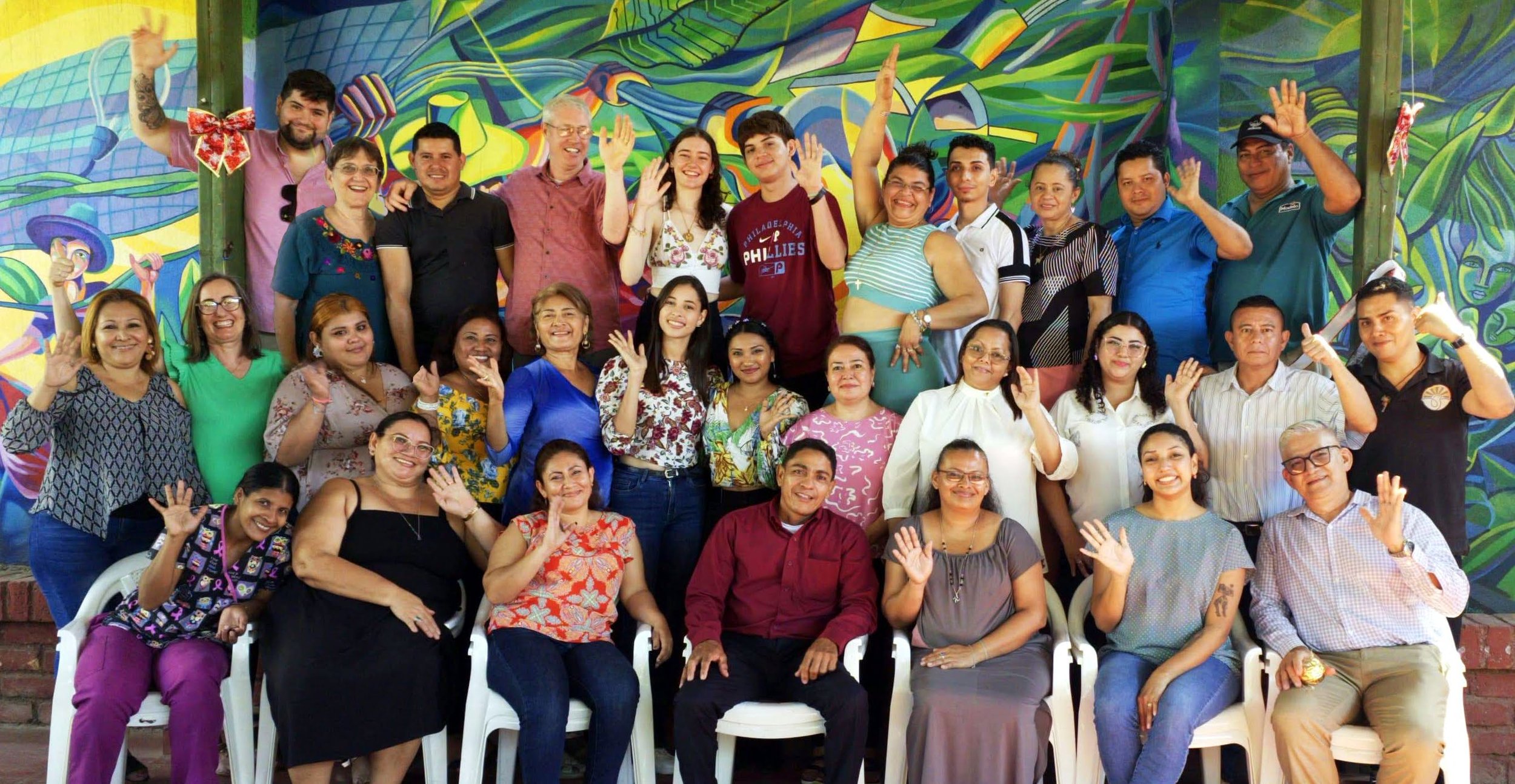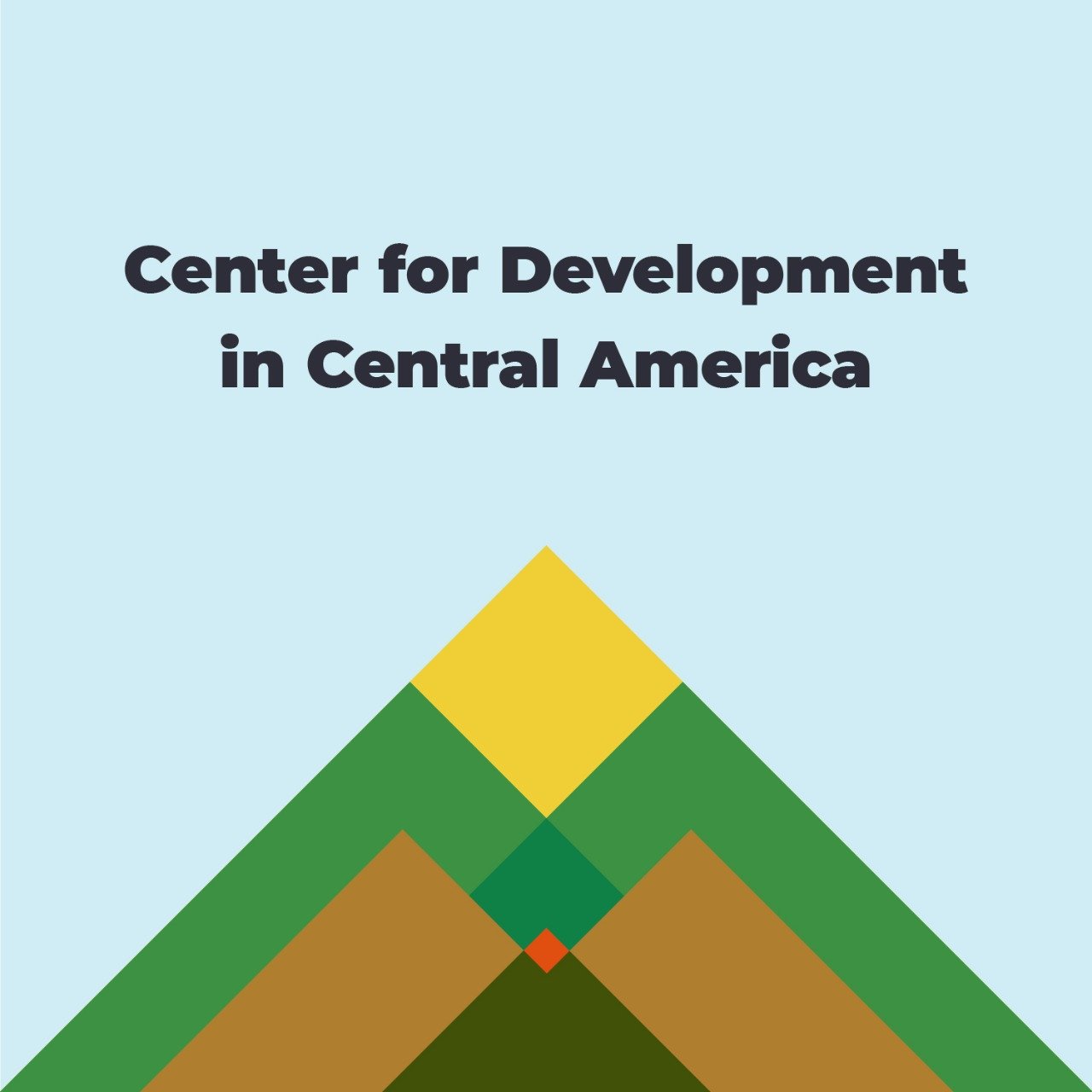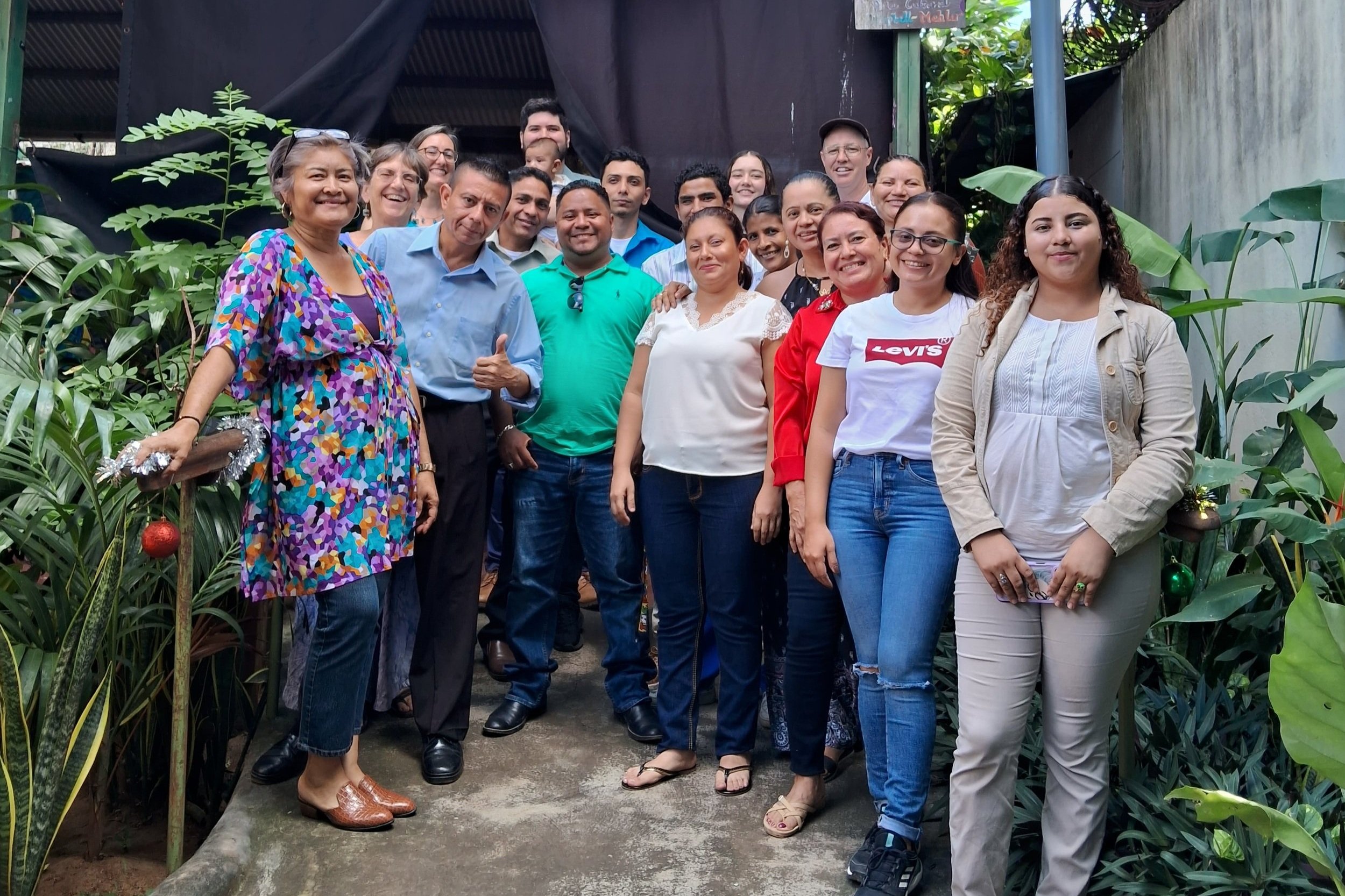
The CDCA’s mission is to enable communities to become self-sufficient, sustainable, democratic entities.
Founded in 1979 to work with the poor to help improve their lives, our organization continues to carry out this work today in Nicaragua.
The Center for Development in Central America (CDCA) is a project of the Jubilee House Community, Inc., (JHC), which has 501(c)(3) non-profit status in the U.S. and International Mission status in Nicaragua.
Why Communities?
We believe that life is sustainable in communities, and we have a commitment to community involvement in each of our projects. Rather than working with individuals, we work on projects that will benefit the larger community as a whole.
Identifying Needs
All of our projects arise out of needs identified by the community, work toward solutions that come from the communities themselves, and are carried out with active community participation. Our organization does not tell others what to do, but rather listens to needs and then responds as we are able, always in coordination with local leadership and communities.
Why Nicaragua?
Nicaragua is in the heart of the Americas, a country of nearly 7 million which has been battered by natural disasters – averaging XX – and compounded by human disasters: 50,000 were killed under a cruel 40-year dictatorship that lasted until 1979. During the 1980s, another 30,000 were killed in the U.S.-funded contra war. During the right-wing governments of the 1990s, the rich got richer and the poor got even poorer, and Nicaragua became one of the most unequal countries in the world.
Focus on Ciudad Sandino
In 1994, that the Jubilee House Community was invited to work with the poor in Ciudad Sandino, a city of 130,000 just outside Managua, Nicaragua. Ciudad Sandino had long been the dumping ground for refugees from natural disasters and violence, and as such, was one of the poorest cities in the country.
In 1998, Ciudad Sandino received 12,000 refugees from Hurricane Mitch, and a new neighborhood of Nueva Vida was formed with no housing, roads, electricity, water or health care for its residents. We began to work in this community at its inception, and much of our work remains focused on this barrio today.
Nicaragua Today
In recent years, Nicaragua’s current government has worked to improve the lives of the poor: poverty has been reduced by 23.4%; health care and education have been made free; infrastructure has improved with roads, electricity, and potable water.
We are excited to see the lives of those with whom we work tangibly improving in such a short time. As the situation for the people of Nicaragua has shifted, our programs to respond to their needs must also shift.
The population of Ciudad Sandino and Nueva Vida in particular continue to experience deeper poverty, lower levels of education and poorer health outcomes than the population at large. We work in coordination with Nicaraguan communities and local and national authorities to improve the lives of poor Nicaraguans.
Who Does the Work?
The CDCA has a Board of Directors which holds the vision of the organization and ensures that the direction of the work is led by the communities where we work. The Board of Directors includes founders of the organization, current staff and dedicated supporters.
The day-to-day work of the project is carried out by Nicaraguan staff members and a host of Nicaraguan and foreign volunteers, always with the active participation of the communities.
Making Connections
This work wouldn’t be possible folks like you. We connect Nicaraguan communities with folks around the world who have access to all types of resources: financial resources, professional expertise, time & energy, creative problem-solving, and in-person help are all needed!
Areas of Focus
The entirety of the CDCA’s work is in the area of sustainable community development.
The areas of focus for that development have been identified by the Nicaraguan communities where we work, and have been adapted over the past 30 years as the communities have grown and their needs have changed. These areas are: Health Care, Education, Sustainable Economic Development and Sustainable Agriculture.
Additionally, we emphasize the need to remain flexible to changing needs of communities, and this includes being able and willing to respond quickly to emergencies and natural disasters such as hurricanes and earthquakes. We understand that our response in such a situation cannot be limited to handing out immediate relief, but also must provide support during reconstruction and the rebuilding of lives.








